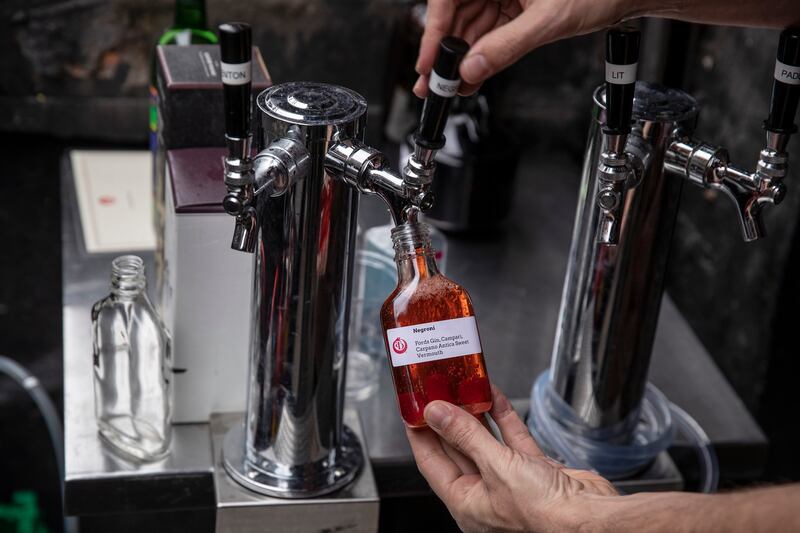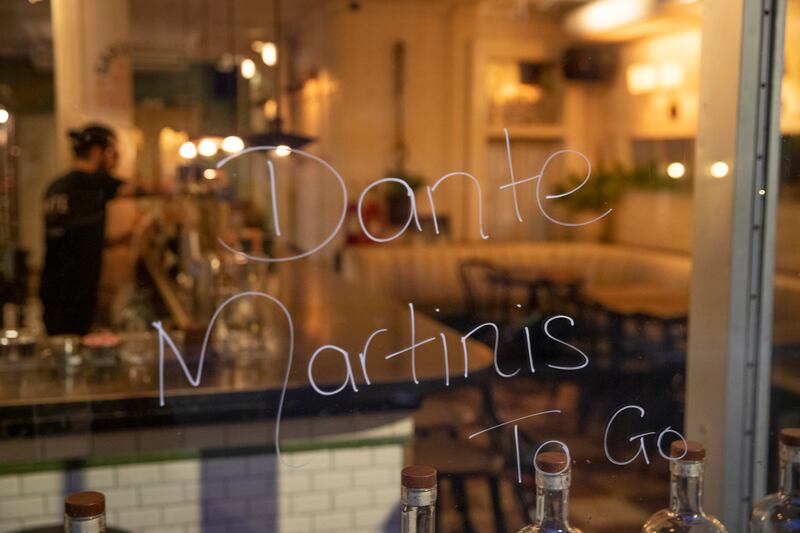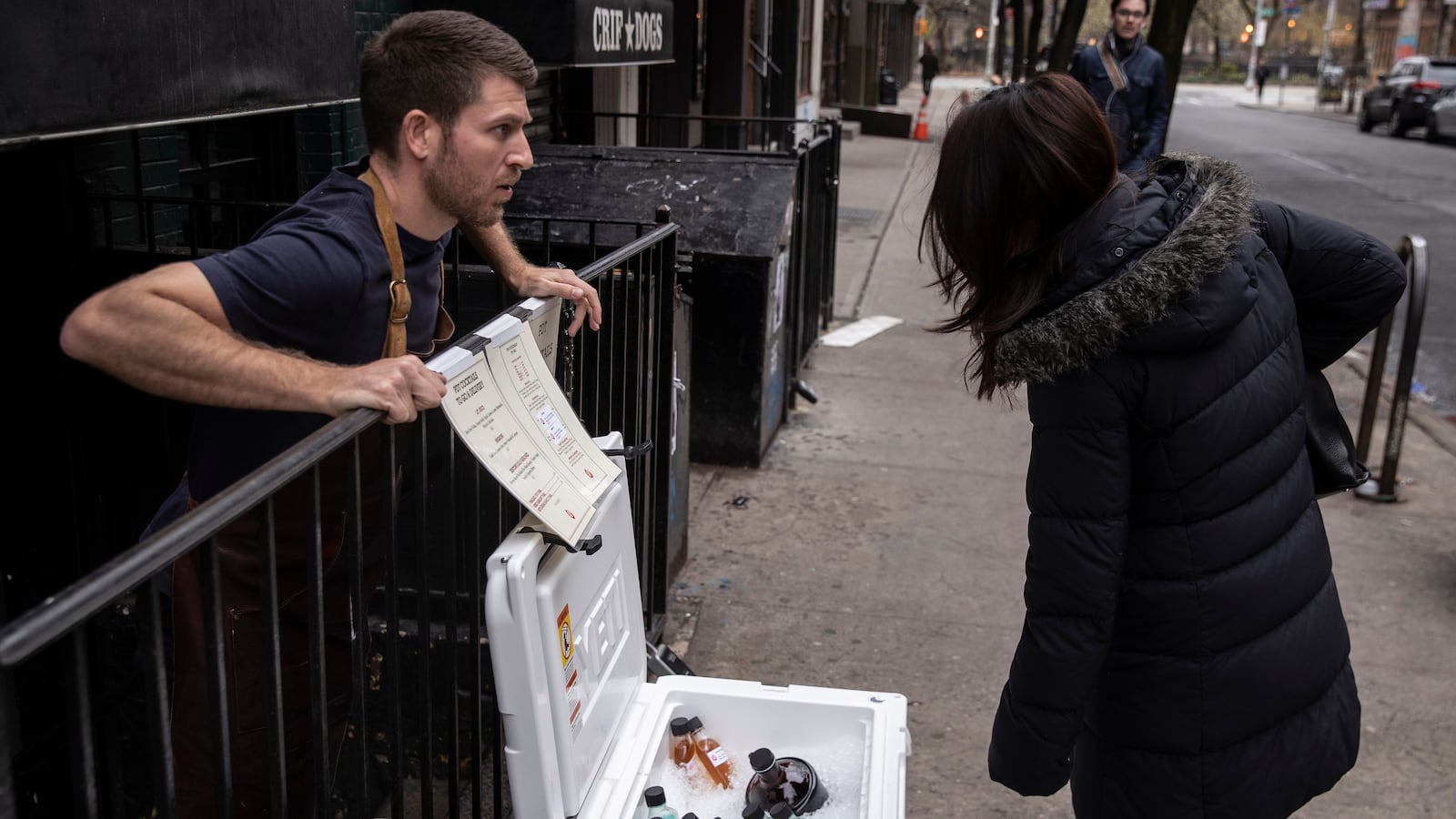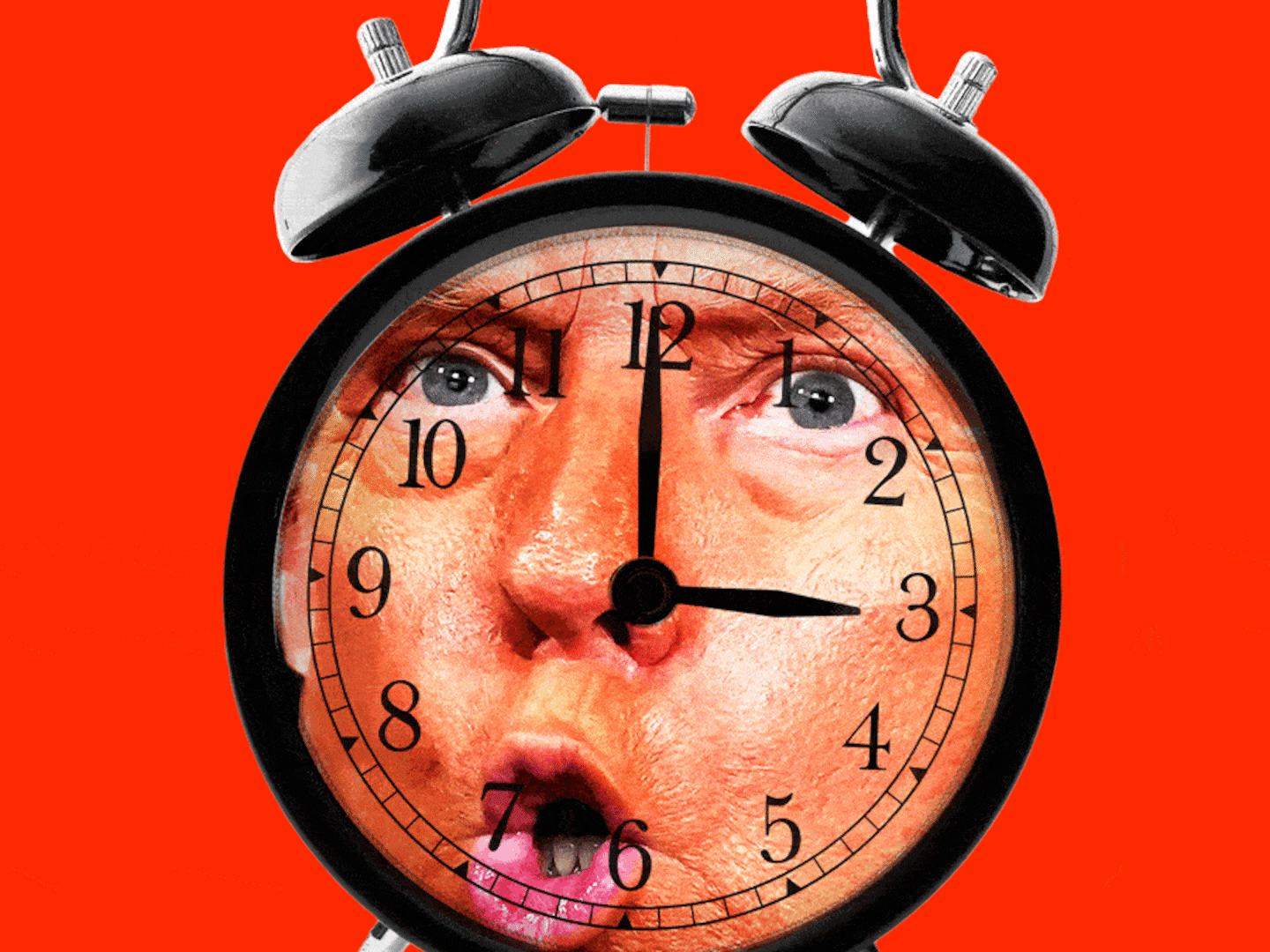The doorway of a bar, restaurant or liquor store has been an indomitable if invisible border in New York, since the repeal of Prohibition.
Open alcohol must stay in if you have an on-premise license; factory-sealed alcohol must go out if you have an off-premise license. That hard boundary softened a bit in 2004, when New York passed a new law allowing restaurant patrons to take home unfinished bottles of wine.
Then, suddenly, last week, the barrier at the threshold tumbled down further—at least temporarily, and with certain restrictions.
On March 16, New York Governor Andrew Cuomo, mandated that all taverns and restaurants must close their sit-down bars and dining rooms to reduce human contact, with the hope of slowing the spread of COVID-19. The same governor’s order offered a ray of hope by also decreeing, for now, “new off-premises privileges for licensed businesses with on-premises privileges.”
That meant restaurants and bars could now offer drinks-to-go, but with limitations—the most significant being that sales of liquor must be accompanied by a purchase of food, and that the sales must be consistent with local open-container laws. Not every bar and restaurant rushed into the breach, but many did—especially those offering full bottles of beer or wine, which allowed them to liquidate now-idle stock.
Cocktails could also be sold to take home—although not consumed on the street. (New York was not to become New Orleans.) The day the new guidelines were announced, Jeff Bell set up in front of PDT, a well-regarded bar in Manhattan, selling $12 cocktails in glass flasks from a Yeti cooler. These included a Benton’s Old-Fashioned, a Negroni and a Mezcal Mule. The first day he sold nearly 300 cocktails, with that rising to about 350 several days later.

Sother Teague, beverage director at Amor y Amargo in Manhattan, offered up go-flasks of the Sharpie Mustache, one of the bar’s most popular drinks since 2013, when it was first concocted by bartender Chris Elford. Teague had a handful of flasks they used at the bar; he ordered up a slew of new flasks for take-out and delivery, and was considering expanding into other to-go drinks.
Linden Pride, a partner at Dante in Greenwich Village, which last year was named the world’s best bar by both Tales of the Cocktails and World’s 50 Best Bars, was planning to launch Dante West Village last week. That plan was abruptly shelved, with the focus turning to Dante Direct, a delivery service that offered 20 of its signature drinks by the glass, and four large-format bottled cocktails, each containing ten drinks and priced at $85. (His individual to-go Negronis were delivered in coffee cups with lids, which he had in stock from his daytime cafe business.)
Pride declined delivery arrangements with services that approached him, including Caviar and UberEats. They were taking as much as a 26 percent cut, which he deemed economically impractical. Instead, Dante set up its own bike delivery service, enticing some staff from inside drink prep to outside delivery. Linden himself delivered orders early on, including three bags of food and two bags of cocktails to a small group of young women celebrating a 25th birthday at home. “They were so excited and grateful,” Pride said. “I told them, you don’t have to tip—just keep ordering drinks from us.”
Alex Day, a partner at Death & Co. in Manhattan, said that the changes in state’s to-go policy were announced just as they were winding down operations and shuttering up. “We’re doing some analysis on what the opportunities are,” he said. But he wasn’t optimistic. “This provides a glimmer of hope, but the economics of it—I’m not sure. For us to get a bottled cocktail set up in New York City for delivery or pick up takes a lot of infrastructure, and bringing back laid off employees.”
Allen Katz, distiller and owner at the New York Distilling Company in Brooklyn, said that they did a bit of local promotion for their Mr. Katz’s Rock & Rye, a bottled cocktail they’d previously sold in 200ml flasks. He also had his doubts about the viability of a delivery or pick-up only model. “There’s this little sliver of fantastical hope that the to-go business might materialize into something tangible,” he said, and Katz has heard some encouraging stories from colleagues. “But I’ve heard more anecdotes than not of attempts to offer packaged cocktails or full-bottle sales with food that have not garnered actual purchases.”
Pride, at Dante, said the success of the to-go model hinged on retrenching deep-seated customer behaviors. “It all has to do with people’s routines,” he said. “The way you meet a friend for a drink, that ritual is as important as the drink itself. The only way this will be sustainable is if New Yorkers change, and part of their new routine is to stop in after working all day, and pick up a cocktail to enjoy at home.”

Several bar managers also wagered that at-home sales would taper off after an initial burst of public support—when sales were serving as a sort of GoFundMe that a bar’s supporters could drink. If the economy slips into recession, as is widely expected, consumers are certain to belt-tighten, shifting to getting supplies at liquor stores rather than regularly ordering pricier pre-made drinks.
Sother Teague noted that cocktails-to-go were good for keeping the hungry Instagram feed fed and a bar in the public eye, but he also questioned whether the volume was there. “I don’t think of it as a salve” for a bar, he said. “I think of it more as busy work,” giving staff something to do rather than sit at home and ruing new circumstances.
The biggest value in cocktail to go may be in allowing bars to quickly convert their existing stock to cash, which can help pay for the coming lean days. Once the backbar and stockroom are depleted, delivery service may wind down, as it seems unlikely that many bars will have the confidence (or cash) to replenish liquor stocks for a bare-bones, relatively low-volume go-cocktail program.
Indeed, PDT’s cocktail program shut down several days after starting. The decision came when the governor further announced a ban on non-essential services. The drinks were “delicious,” Jeff Bell wrote on his Instagram page, “however, arguably not essential.”






